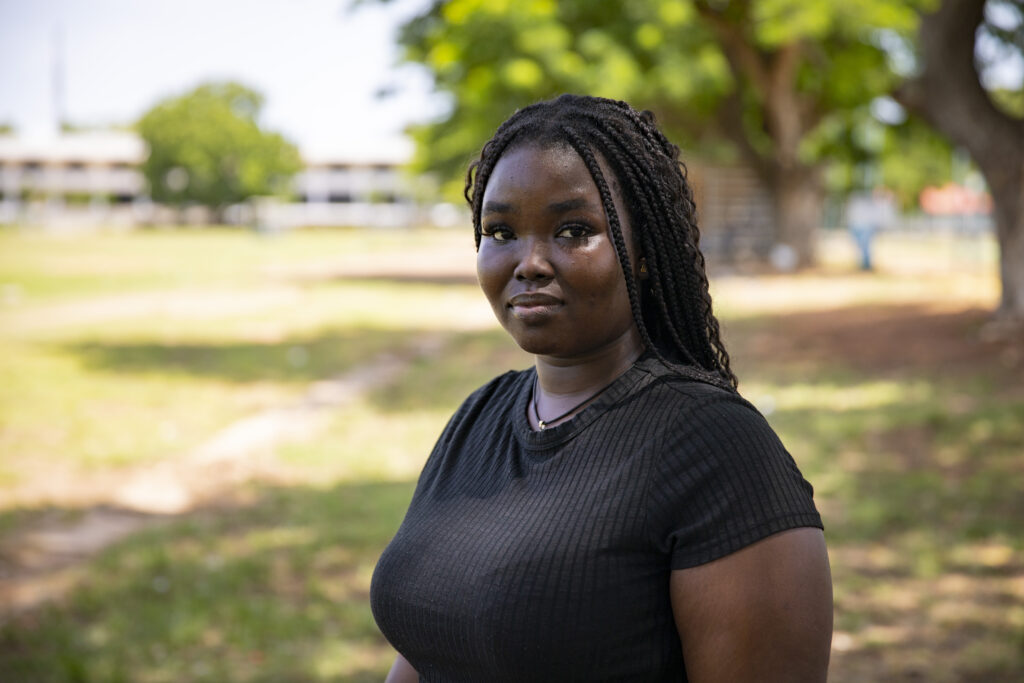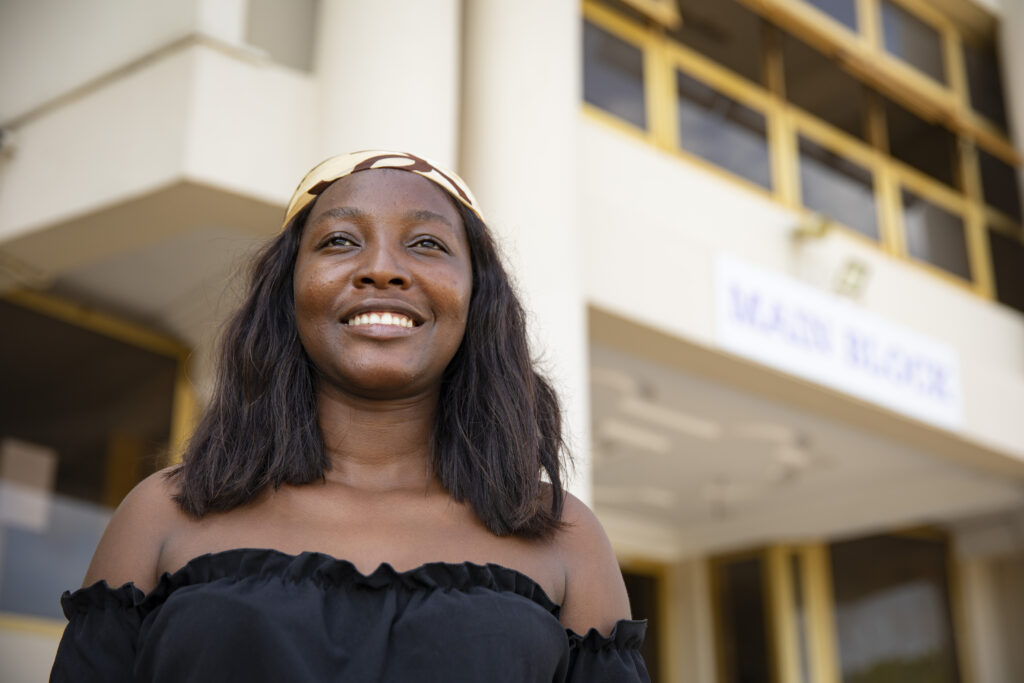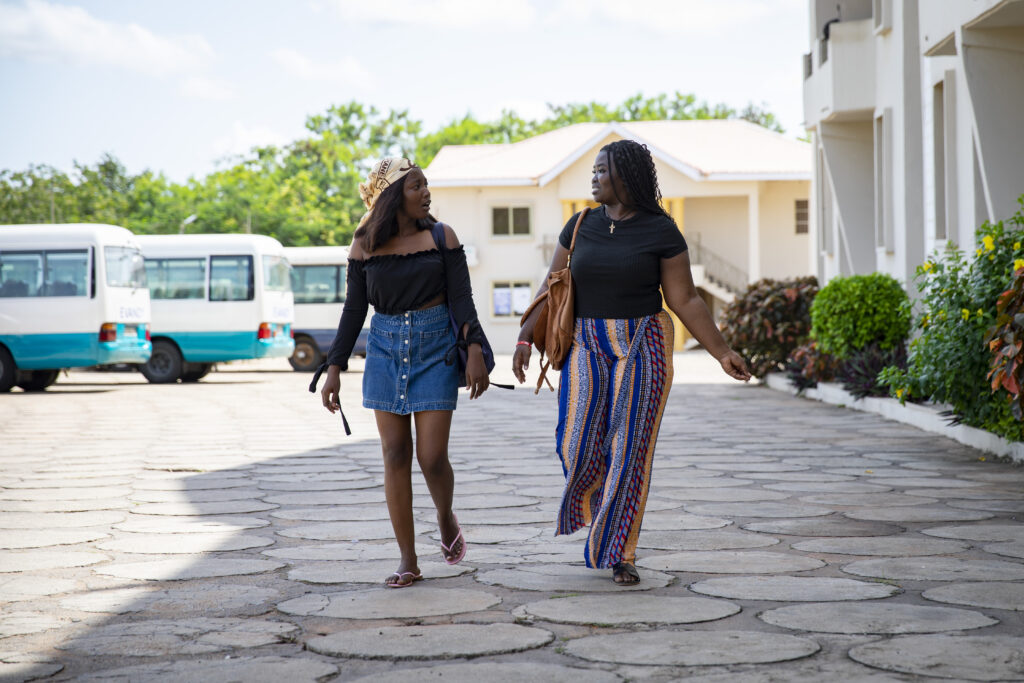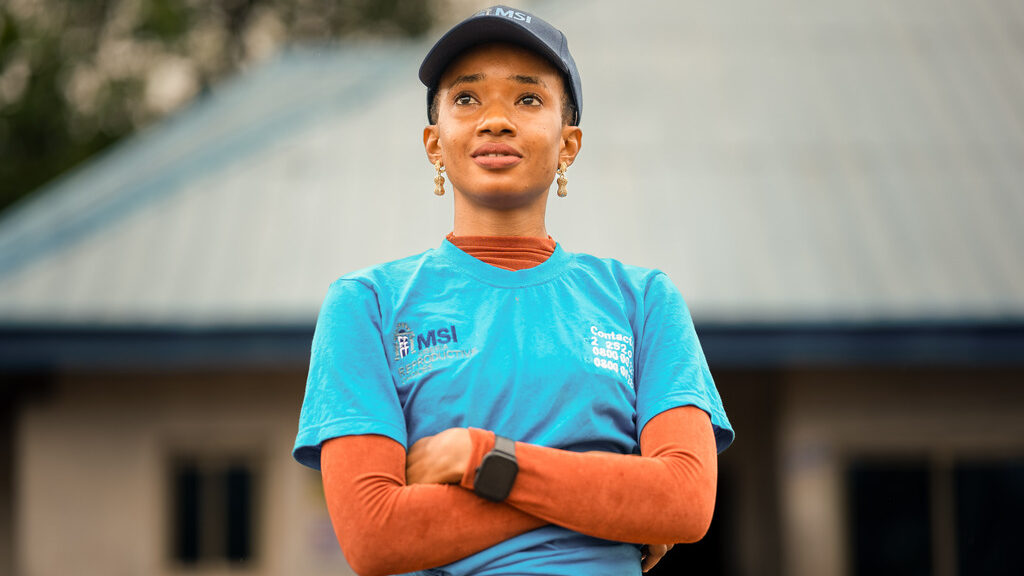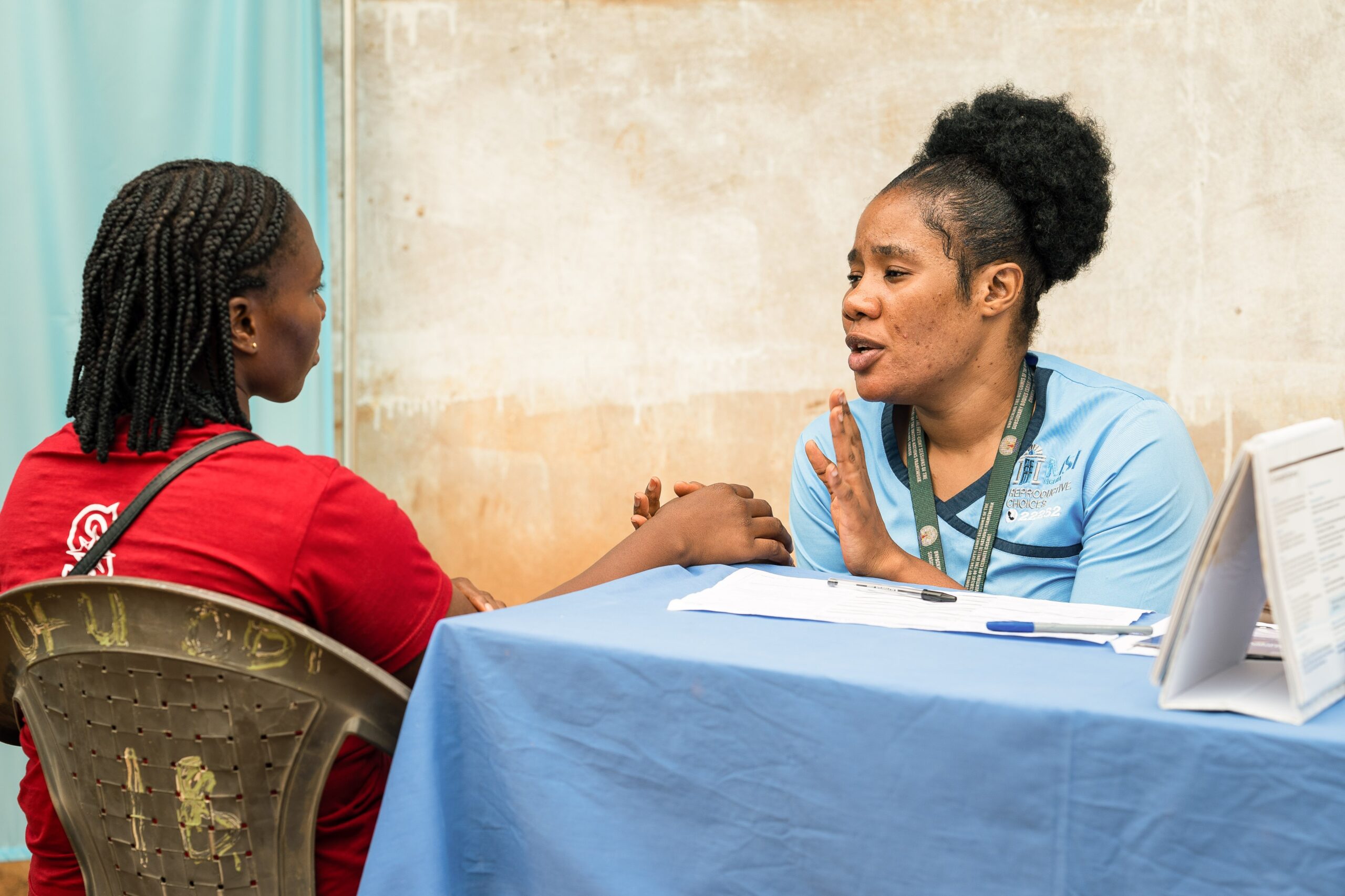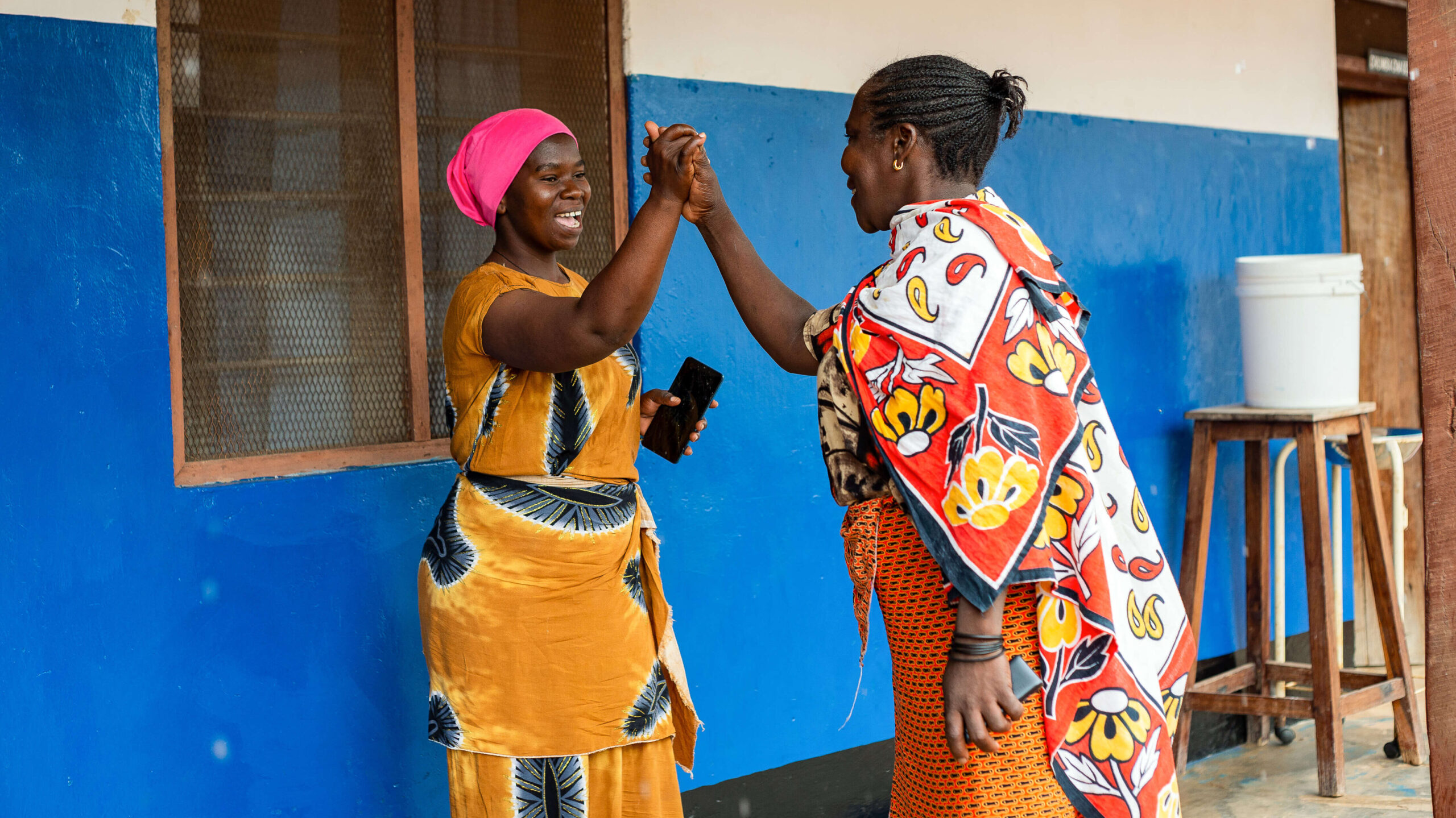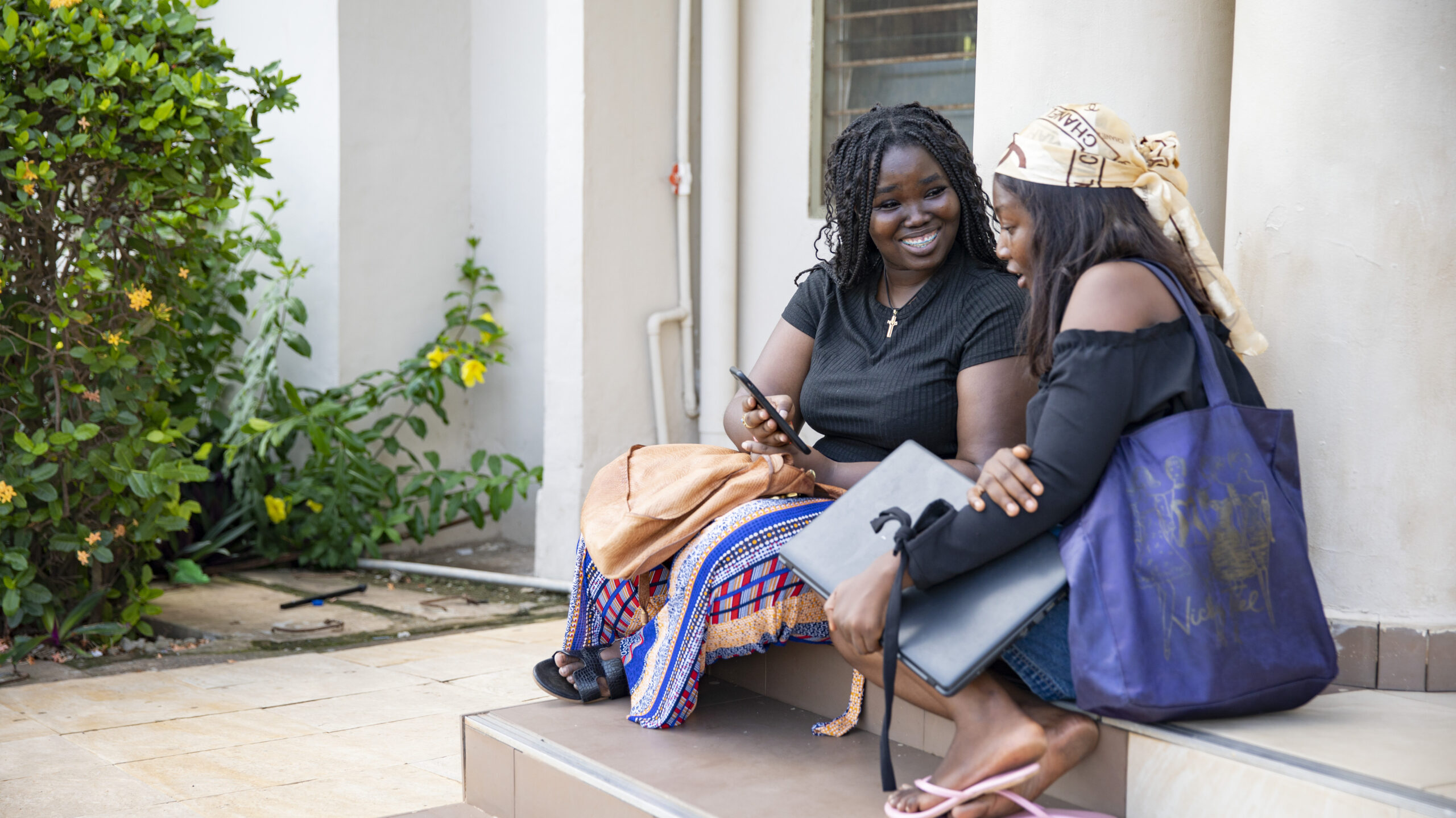
Hingis and Sheila are having the time of their lives.
Mid-twenties, living on campus surrounded by friends, going to their courses to soak up knowledge, and gaining the skills they need to set them up for their ambitious careers and futures.
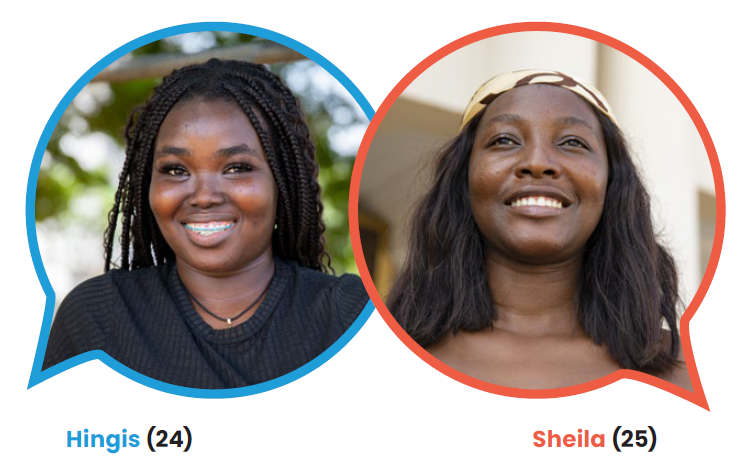
Both with bubbly and carefree demeanours, it’s not immediately obvious that they’ve had to work hard to build this life and make choices to get to where they are today. And, as Hingis and Sheila explain, their choice to use contraception might just be the most fundamental of all.
Sheila tells us: “Without contraception, I would probably be a single mum now – I would have gotten pregnant too early and would not have been prepared to raise a child.”
They speak about their sexual health experiences as young women. Hingis once went to get a morning-after pill at a pharmacy when the person behind the counter started to preach to her to make better choices. She paid for it and quickly left.
They remember how their friend needed MSI’s services a few years earlier: “When our friend went in for her abortion, she was scared. But the nurses talked her through it and everything about it was safe and without any complications. I think if she had done it alone then she might have died.”
Things are evolving in Ghana for the better, they say. “Women can now plan when to have kids and when not to. Now, women are out there in the working world. We can be making money, pushing our families to the top and making our country proud.”
They know this simply wouldn’t be possible without access to contraception. More knowledge and access to reproductive healthcare is supporting women across Ghana, Africa and the world – Sheila and Hingis included.
“When I started using contraception and it worked, I felt so much calmer. I can live without the fear of getting pregnant and dropping out of school. I can focus on my studies better,” says Sheila, who is studying to be a lawyer and one day would like to be a CEO of her own company.
Hingis, who is working towards a degree related to healthcare and dreams of working in a hospital, adds:
“I have a long way ahead of me with my studies, so it’s important that I have contraception, so that I don’t get pregnant right now. I don’t want to be in a situation that I didn’t choose.”
The two friends show us around their campus, greeting other students, laptops in hand, smiles on their faces. Their lives are of their choosing.
And Ghana’s workforce is about to gain two bright young women eager to help people and build change for a better world.
MSI is made up of almost 9,000 dedicated professionals fighting for and delivering reproductive choice around the world. As part of our 2023 Annual Review, we featured stories from our healthcare providers, clients, and partners on why and how they choose choice.

Anna chooses choice
Anna provides contraception in Sierra Leone — well known across the country for changing lives.
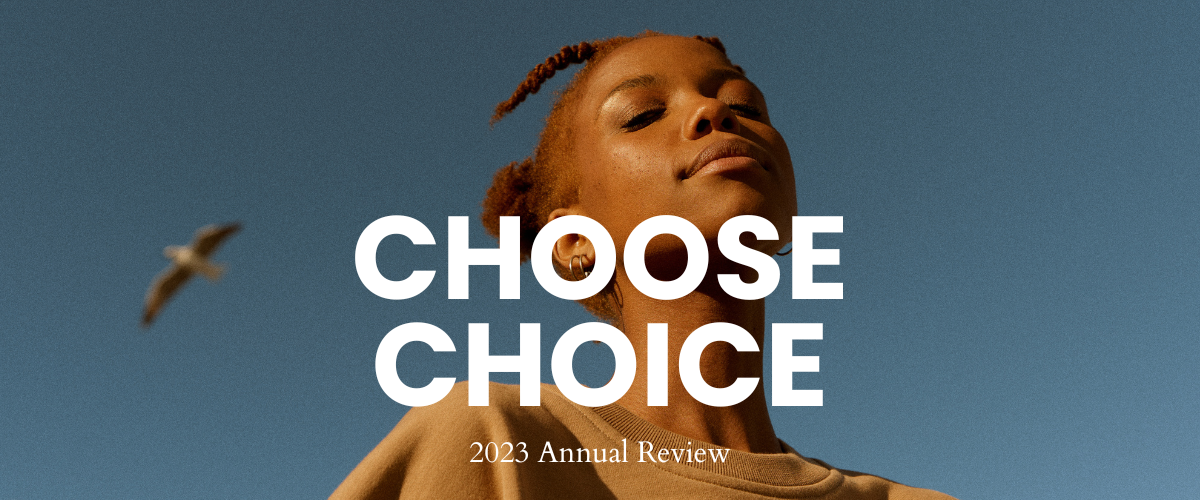
MSI’s 2023 Annual Review
Inspiring stories, hard-hitting numbers, and the power of reproductive choice: read it all in our latest annual review.

Shanti chooses choice
Shanti is a nurse, team leader, and abortion provider for MSI Nepal.






